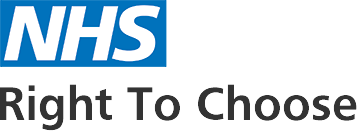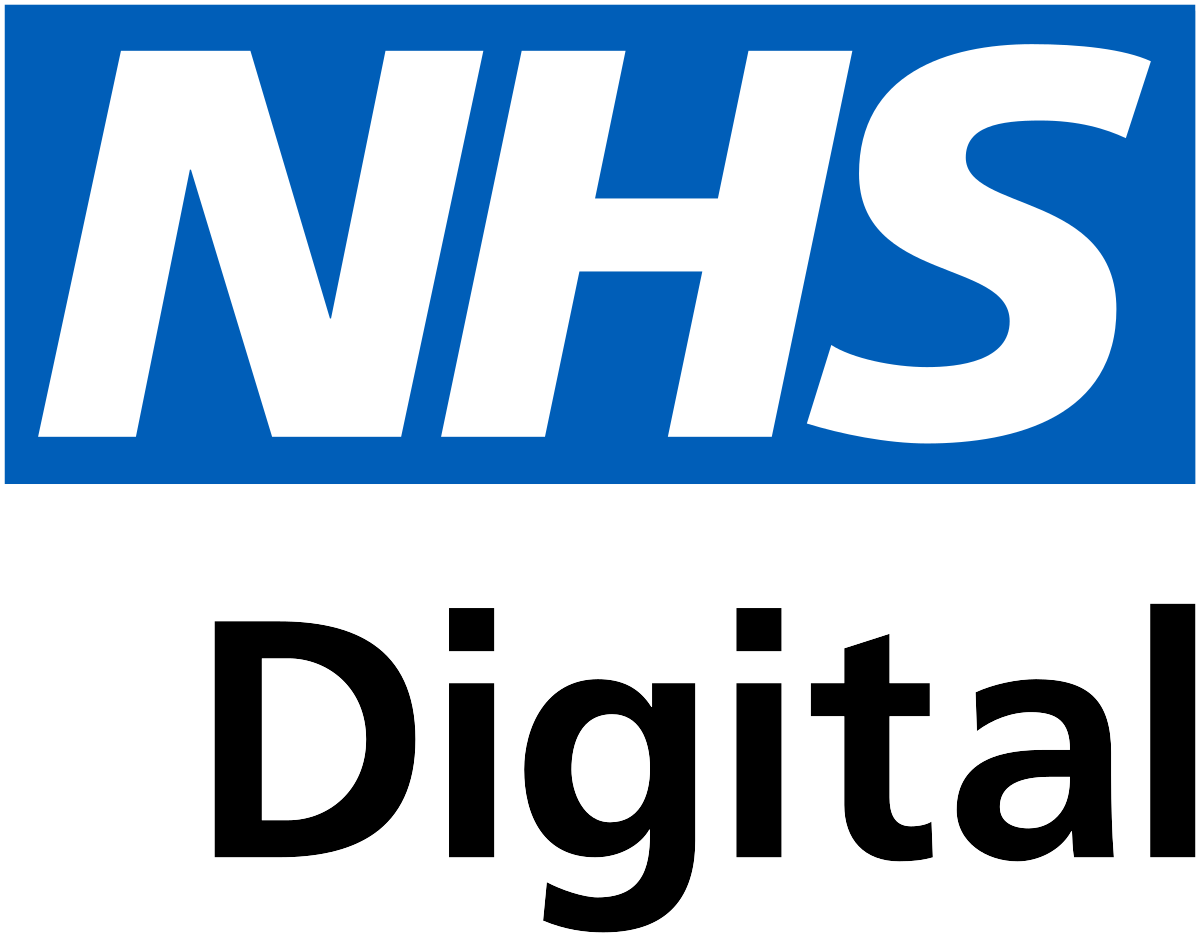Strategies to Reduce ADHD Overwhelm: Effective Coping Mechanisms for Adults

Living with Attention Deficit Hyperactivity Disorder (ADHD) can often lead to feelings of overwhelm, especially when navigating a world designed for neurotypical processing. ADHD is characterised by symptoms such as inattentiveness, hyperactivity, and impulsiveness, which can make managing daily tasks challenging. The experience of overwhelm can manifest as being besieged by tasks, social interactions, and sensory input, creating a barrier that impedes one's ability to function effectively in various aspects of life.
Strategies to mitigate this pervasive sense of overwhelm are critical for those with ADHD to thrive personally and professionally. These strategies often encompass a range of behavioural, cognitive, and lifestyle adjustments to reduce external overstimulation and facilitate better self-regulation. By employing techniques such as structured routines, mindfulness practices, and task prioritisation, individuals with ADHD can develop resilience against the tidal wave of overwhelm.
Professionals in the field suggest that implementing targeted interventions, such as therapeutic exercises to manage anxious tics and strategies for cognitive decluttering, can offer significant relief. These approaches provide a scaffold enabling individuals to navigate their symptoms with greater control and efficiency, enhancing their quality of life and boosting their overall well-being.
Understanding ADHD and Overwhelm
Attention Deficit Hyperactivity Disorder (ADHD) is often associated with feelings of overwhelm, which can be attributed to its core symptoms and the challenges in executive functions. This section sheds light on the connection between ADHD and overwhelm, highlighting the significant impact on an individual's life.
Defining Symptoms and Challenges
ADHD is characterised by a range of symptoms that commonly include hyperactivity, impulsiveness, and challenges with sustaining attention. Individuals may frequently face distractions, leading to an emotional overwhelm when managing multiple stimuli. The primary symptoms are often grouped into two categories:
- Inattentiveness: which includes issues like a short attention span, easy distraction, forgetfulness, and difficulty organising tasks.
- Hyperactivity and Impulsiveness: which involves excessive movement or speech, poor impulse control, and difficulties in waiting for turns or engaging in quiet activities.
These symptoms create a complex array of challenges that can contribute to feeling overwhelmed, particularly when navigating everyday tasks and social interactions.
The Role of Executive Dysfunction
Executive functions are cognitive skills essential for controlling and managing thoughts, actions, and emotions. ADHD is often linked to a deficiency in executive functioning, affecting an individual's ability to:
- Plan and organise: Struggling to foresee the future and prepare for upcoming events.
- Prioritise and make decisions: Difficulty in determining the order of tasks or choosing which action to take.
- Focus and switch attention: Challenges in maintaining concentration on a task and shifting focus when necessary.
- Regulate emotions: An increased tendency towards frustration and emotional responses can lead to overwhelming feelings.
Individuals with ADHD may experience a cyclical effect where the symptoms exacerbate executive dysfunctions, further enhancing the sensation of being overwhelmed. Identifying these areas can be pivotal in managing ADHD and developing strategies to reduce the risks of overwhelm.
Practical Strategies for Daily Life
Effective management of ADHD symptoms often hinges on adopting practical strategies incorporated into daily life. These strategies focus on structuring routines, enhancing organisational skills, and refining attention management to mitigate the impact of ADHD on day-to-day activities.
Establishing Effective Routines
Individuals with ADHD benefit from establishing consistent daily routines. Structured routines help in reducing decision fatigue and creating predictability. For instance:
- Morning Ritual: A clearly defined morning ritual can consist of activities such as meditation, exercise, and a healthy breakfast. This sets a positive tone for the day.
- Evening Routine: An evening checklist might include preparing for the next day and a relaxation period before bed, which aids sleep quality.
Organisational Techniques
Organisation is a keystone in the management of ADHD. Key techniques include:
- Planners and Apps: Utilise a planner or digital calendar to track appointments and deadlines.
- To-Do Lists: Keeping a prioritised to-do list can help stay on top of daily tasks.
- Reminders: Setting reminders on a phone or other device can prevent forgetting important tasks or events.
Using planning and organisational tools directly addresses areas often affected by ADHD, such as forgetfulness and difficulty prioritising tasks.
Attention Management
Managing attention is paramount for individuals with ADHD:
- Timers: Employ timers to allocate fixed durations for tasks, aiding concentration and reducing procrastination.
- Strategic Breaks: Periodic short breaks during tasks can prevent fatigue and maintain focus.
- Task Segmentation: Breaking down larger tasks into smaller, more manageable segments can help to reduce overwhelm and increase the likelihood of task completion.
Attention management strategies can improve productivity and stay focused on tasks despite potential ADHD-related distractions.
Emotional Regulation and Self-Care
Managing one's emotions and practising self-care is vital for individuals with ADHD to reduce overwhelm and improve their overall well-being. These strategies help mitigate intense emotions and stress while fostering a healthier state of mind.
Mindfulness and Relaxation Practices
Individuals with ADHD often benefit from incorporating mindfulness and relaxation techniques into their daily routines. Mindfulness, which involves attentive awareness of the present moment, can lessen feelings of anxiety and promote emotional regulation.
- Mindfulness Practices:
- Mindful breathing: Instructing individuals to focus on their breath to cultivate a sense of calm.
- Body scan meditation: Encouraging attention to different parts of the body to release tension.
- Relaxation Techniques:
- Progressive muscle relaxation: Tightening and then relaxing each muscle group to reduce stress.
- Guided imagery: Visualising peaceful scenes to encourage a state of relaxation.
Building a Support System
A strong support system is crucial for managing stress and emotional dysregulation associated with ADHD. Relationships with family, friends, and professionals like coaches or therapists are important for providing emotional support and practical advice on self-care and coping strategies.
- Family and Friends: Maintaining open communication about one's needs and experiences can foster understanding and help.
- Professional Support:
- ADHD Coaches: They can offer strategies tailored for daily functioning and emotional control.
- Therapists: Engaging in therapy, such as Cognitive Behavioural Therapy (CBT) or Eye Movement Desensitisation and Reprocessing (EMDR), might aid in understanding and managing emotions more effectively.
Regular exercise also plays a significant role in self-care, as it can help alleviate stress and improve mood. Individuals should aim for activities they enjoy and can maintain regularly, like walking, cycling, or team sports.
Rest is another cornerstone of self-care for those with ADHD. Ensuring adequate sleep and incorporating restful periods into their day helps manage overwhelm and sustain attention.
Lifestyle Adjustments and External Help
When addressing overwhelm in individuals with ADHD, both lifestyle adjustments and external support play vital roles. Implementing healthy practices and seeking professional guidance are effective strategies that leverage a person's strengths and facilitate coping with daily challenges.
Incorporating Healthy Habits
Diet: A balanced diet rich in lean proteins, vegetables, fruits, and whole grains can improve energy levels and cognitive function. Omega-3 fatty acids, often found in fish, have been associated with brain health and may be particularly beneficial.
Sleep: Quality sleep is essential. Consistent sleep schedules and a restful environment contribute to better focus and reduced impulsivity. Individuals should aim for 7-9 hours of sleep per night.
Exercise: Regular physical activity boosts brain function, enhances motivation, and improves mood. Even short bouts of exercise can lead to significant benefits.
Household and Personal Organisation: Simplifying one's environment by decluttering, labelling keys, wallets, and using technology smartly can reduce the stress of misplacing items. Lists and reminders for shopping, appointments, and household tasks maintain organisation.
Education and Technology: Using apps and educational resources to assist with ADHD can offer structure and support. Phones and other devices, if used correctly, can be powerful tools in managing daily life.
Seeking Professional Assistance
Medication: For some, ADHD medication prescribed by a healthcare professional is key in managing symptoms. It can help to improve focus, reduce hyperactivity, and control impulses. This is only prescribed after an ADHD assessment.
Therapy: Therapists and coaches specialising in ADHD can provide valuable strategies tailored to individual needs. Cognitive Behavioural Therapy (CBT) is effective in managing ADHD symptoms.
Support Networks: Joining support groups to share experiences with others who understand can be therapeutic and motivating. A professional can often recommend such groups, providing additional coping mechanisms.
Investing effort in these areas reduces overwhelm and leverages the strengths individuals with ADHD possess, leading to a more structured and managed lifestyle.










